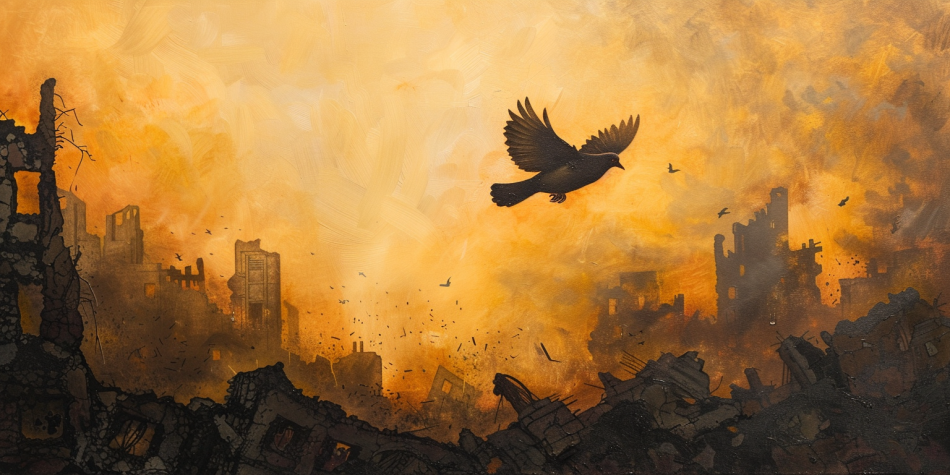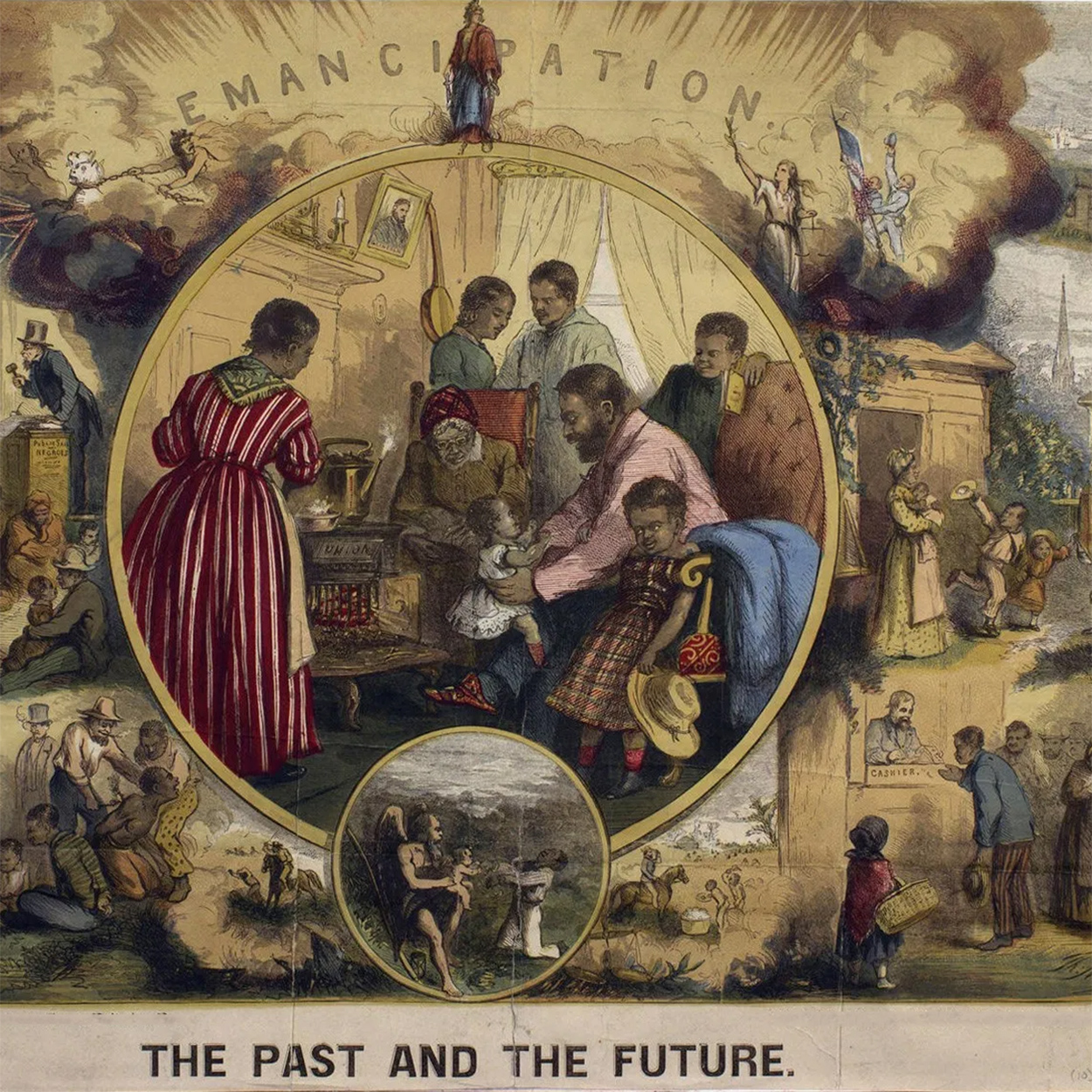When I was young, I heard a story about a man who had been bitten by a venomous snake. The snake slithered away. In his pain, fear, and fury, the man searched for the snake to kill it. He wanted revenge.
The man ran from here to there, chasing the snake and heaving heavy things to crush it. After a long struggle, he finally landed enough blows to finish the job. This exertion pumped the blood through his veins, carrying the life-threatening venom more quickly throughout his body. He went to the hospital, but it was too late. He died from the effects of venom. The doctor said if he had immediately gone to the hospital instead of chasing the snake, the venom wouldn’t have had time to do so much damage, and he could have lived. Such is the nature of vengeance—it wreaks its damage on us as well as upon our enemy.
As a youth, this story struck me. I knew that if a snake bit me, I, too, would be angry. I understood having one’s life threatened by a snake could create a magnetic pull toward immediate retaliation. But anger needs to be channeled. Otherwise, the knee-jerk reaction of a hardened heart may be fatal to oneself. This is not necessarily a story about pacifism. After all, the man could have armed himself for future encounters with the snake if he had first healed from the bite. Instead, it is about the pitfalls of rash vengeance.
In December, US Defense Secretary Austin spoke about the conflict in Gaza. From experience, he learned that “the lesson is not that you can win in urban warfare by protecting civilians. The lesson is that you can only win in urban warfare by protecting civilians.” He pressed Israel to reduce civilian casualties. And with the civilian death toll climbing higher and higher, he warned that Israel may “replace a tactical victory with a strategic defeat.” Strategic defeat is an apt descriptor for our story about the man and the snake. The knee-jerk reaction of a hardened heart may be fatal to oneself.
The tragedy of attacking an enemy with rash retribution is multiplied manifold by war when innocent lives are damaged and destroyed. Prime Minister Netanyahu has directed his country to battle Hamas in a state of vengeance that is causing extreme damage to not only Hamas but many innocent civilians in Gaza and to Israel itself. While many hospitals no longer function in Gaza, more than 70,000 people have been injured. Over 30,000 Gazans have perished in this war, the majority women and children, according to health authorities in Hamas-run Gaza. That is many thousands of non-militant lives. Let us mourn them. It will be remembered that this fight comes in the wake of the tragic loss of life in Israel and the hostages that Hamas still holds, whom we also mourn. These linked tragedies, connected and mounting, combine for a higher and higher, unspeakably painful, cost.
Some question the Gaza casualty figures. That is understandable, given that Hamas runs the government in Gaza. However, there is reason to believe that the Gaza death count is a reasonable estimate based on the precedent set in previous wars where Gazan officials also counted casualties. In the war of 2014, for example, the BBC showed that Gaza’s numbers were roughly comparable to counts produced by both the UN and Israel’s foreign ministry. In that war, the Gaza health ministry reported 2,310 casualties, while the Israeli foreign ministry reported 2,125. Indeed, as the BBC reported, a US official in November said that the actual casualty count in Gaza could be higher than that reported by its health ministry.
Some have argued that Israel goes to great lengths to avoid civilian casualties. There are reports of them warning before bombing strikes. Preventing civilian casualties is to be commended. However, in December, the New York Times reported that “[n]early half of the air-to-ground munitions that Israel has used in Gaza have been unguided … which Pentagon officials say may help explain the high civilian death toll.” One study underscores the vast destruction employed by the Israeli military by reporting that over half of the buildings in the Gaza Strip have been damaged or destroyed.
What’s more, over 80 percent of Gazans have been displaced from their homes. The Hamas-Israel conflict has resulted in about 1.4 million people cramming into the city of Rafah, which, before the war, was home to under 300,000 people. Over half the population of the Gaza Strip, at the time of this writing, resides in that one city. The humanitarian disaster is in a downward spiral, with many, many lives at risk. Healthcare, medical supplies, and basic humanitarian aid have been severely restricted. Many are on the brink of starvation. It is with this context that Netanyahu has indicated he wants to bring the fight against Hamas to Rafah, evacuating the civilians living there.
Netanyahu’s smashing glass may end up causing his own country great harm. The region is intensely volatile, with Iran-allied militias barraging US and Israel interests in the region. But it isn’t just those forces who are up in arms about the destruction in Gaza and the potential of forcing Gaza’s internally displaced refugees to flee once again. Rafah borders Egypt. Though Egypt famously signed a peace deal with Israel four decades ago, if Israel pushes them by force into Egypt, it could mean a serious strain in relations with that country, which itself has bolstered security at the border with tanks and “armoured personnel carriers. It has issued a warning “that any movement of Palestinians across the border into Egypt would threaten the four-decade-old peace treaty between Israel and Egypt.” Populations in other surrounding Arab countries are also appalled at the destruction in Gaza. Such a move as Netanyahu is planning in Rafah would endanger Israel.
The US should persuade its ally, Israel, to reduce civilian casualties and allow more aid into Gaza. President Biden and Secretary Blinken should do this not just by reprimands but by putting conditions on its military aid to Israel. This will be safer for Israel and the wider Middle East. The snake can be hunted another day and in another way that does not kill so many women and children while putting many more at risk of death by famine. The current hunt, apparently guided by rashness, is embroiling the whole region and further endangering Israel.
As I wrote previously, “Making the Hamas fight deliberate, strategic, and precise rather than reducing half of the Gaza Strip to rubble will prove more effective for the long-term peace and security of the Israeli people.”
















